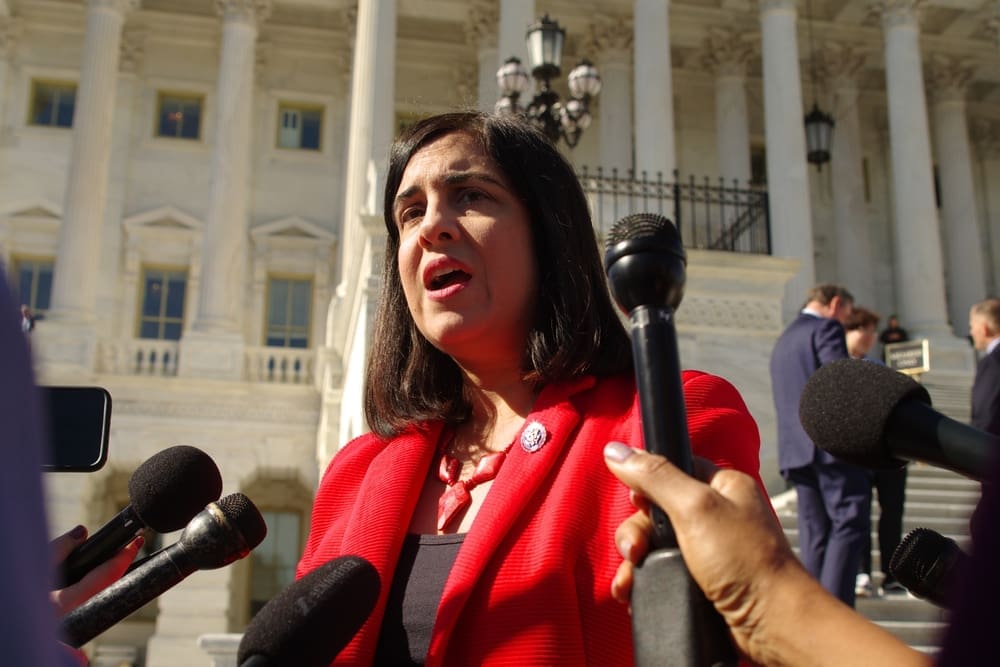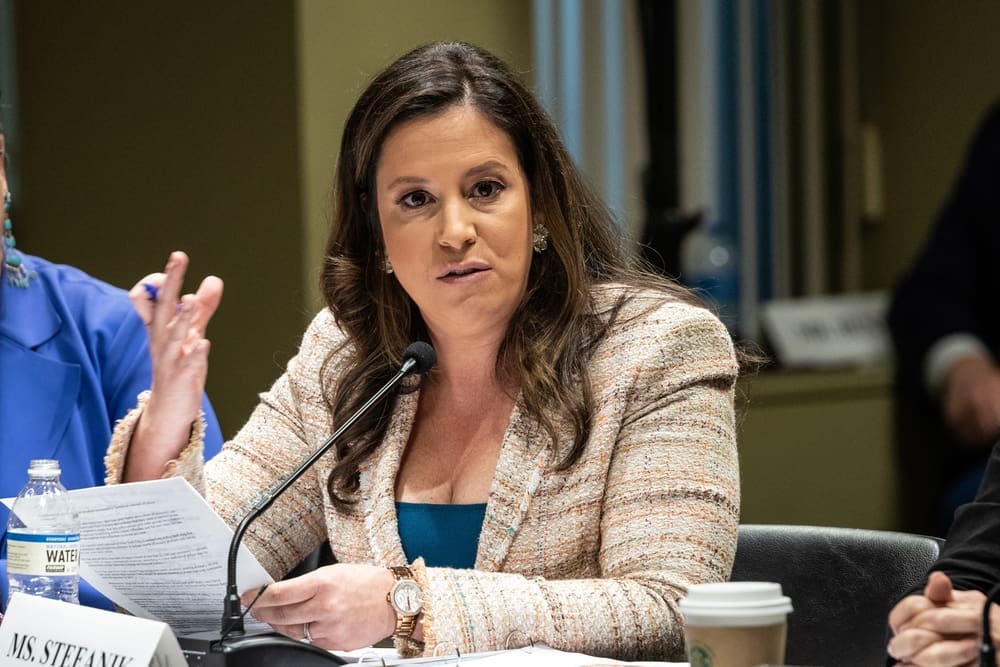In Washington, tensions among House Republicans have intensified over the federal deduction for state and local taxes, commonly referred to as SALT. This contentious issue has become central to the party’s legislative efforts under President Donald Trump’s agenda. The disagreement has placed Rep. Jason Smith, the chair of the House Ways and Means Committee, at odds with a group of House Republicans from high-tax states. These divisions have weakened the negotiating position of pro-SALT Republicans and complicated the path to reaching a consensus.
Some members are prepared to accept a proposal from Smith to increase the deduction cap to $30,000. However, a faction within the party finds this figure insufficient and is frustrated with colleagues willing to accept what they perceive as an inadequate offer. The discord reached a peak when pro-SALT Republicans convened in Speaker Mike Johnson’s office to strategize and requested the departure of Rep. Nicole Malliotakis, who supported the $30,000 cap, indicating distrust within the faction.

Despite the internal tensions, Malliotakis later voted in favor of the bill, claiming it would benefit middle-class families in her district. Meanwhile, a group of New York Republicans, including Reps. Elise Stefanik and Mike Lawler, rejected the $30,000 cap, arguing for higher deductions due to varying district tax rates. These representatives hold significant influence over the bill’s fate, given the close margins in the House.
Speaker Johnson is tasked with forging a compromise, particularly as the SALT issue impacts swing districts critical for future elections. Discussions are ongoing, with a meeting scheduled between pro-SALT Republicans and the House Freedom Caucus, who demand Medicaid cuts in exchange for raising the SALT cap.
As negotiations continue, some Republicans have targeted Smith for advancing the bill without broader agreement. Despite requests to delay proceedings, the markup process moved forward, exacerbating tensions. The pro-SALT group is advocating for higher caps than currently proposed, which could divert funds from other tax policies.
In efforts to draw attention to their cause, SALT Caucus members have utilized symbolic gestures, such as distributing salt packets. The situation remains complex, with Republican leaders needing to balance constituent demands and party unity, especially as some members eye higher political aspirations.
The SALT debate has also highlighted rifts between moderates and the party’s far-right. As discussions persist, the outcome of this legislative effort could have significant implications for both the party’s unity and its legislative success under President Trump’s leadership.














